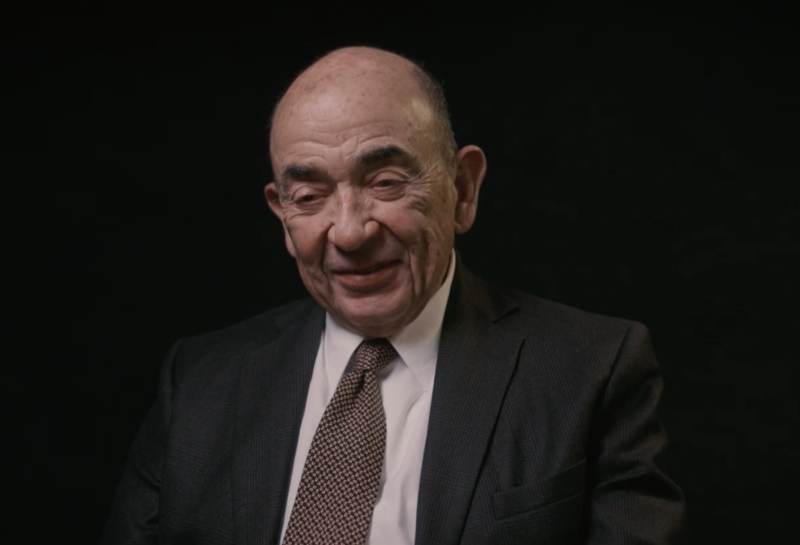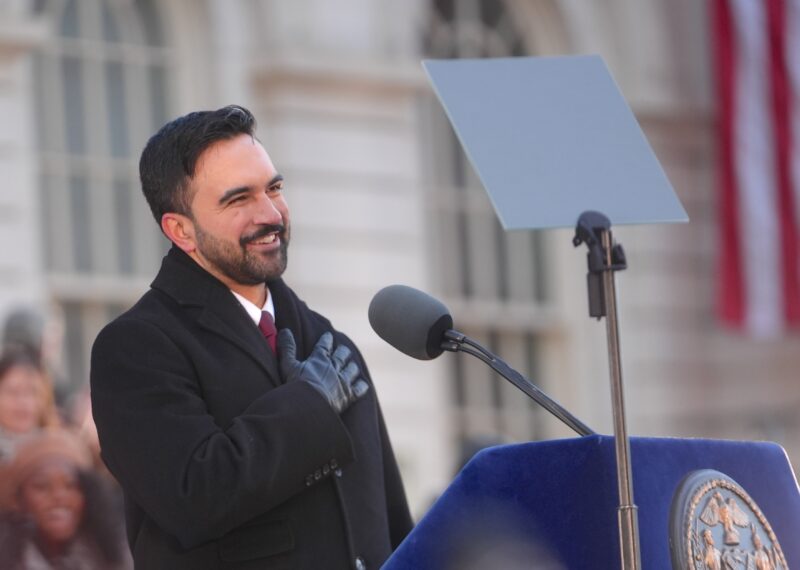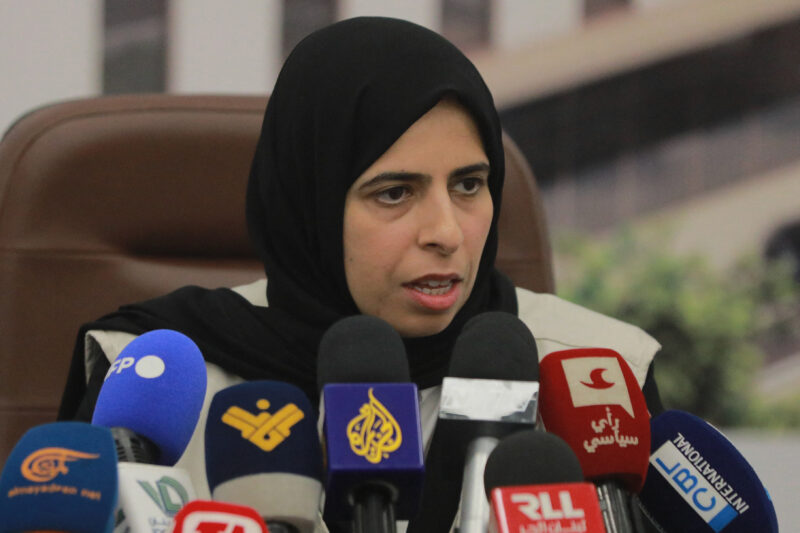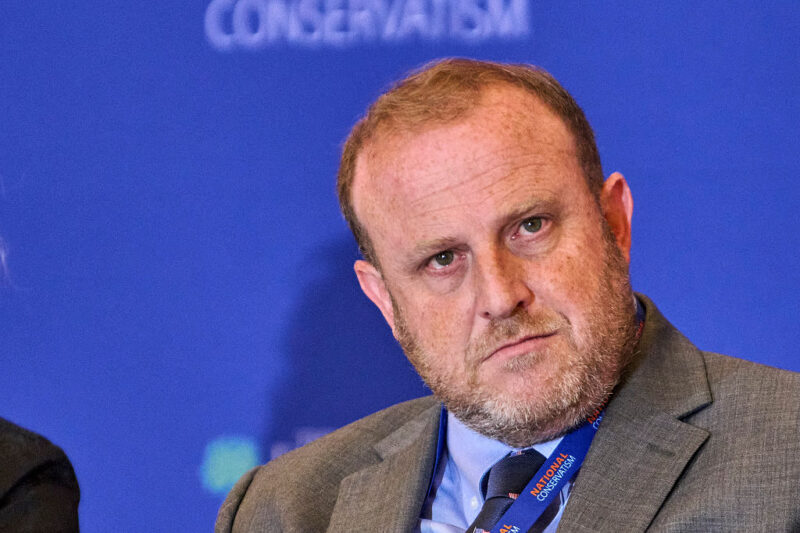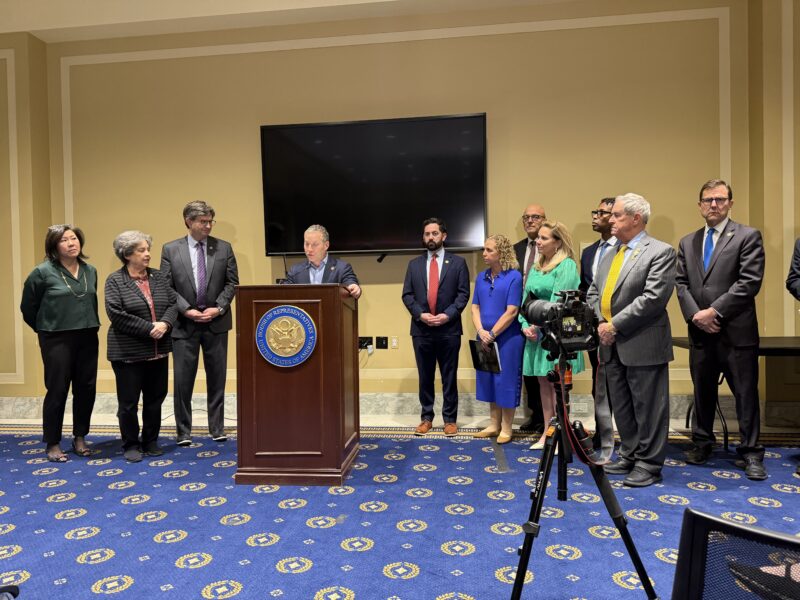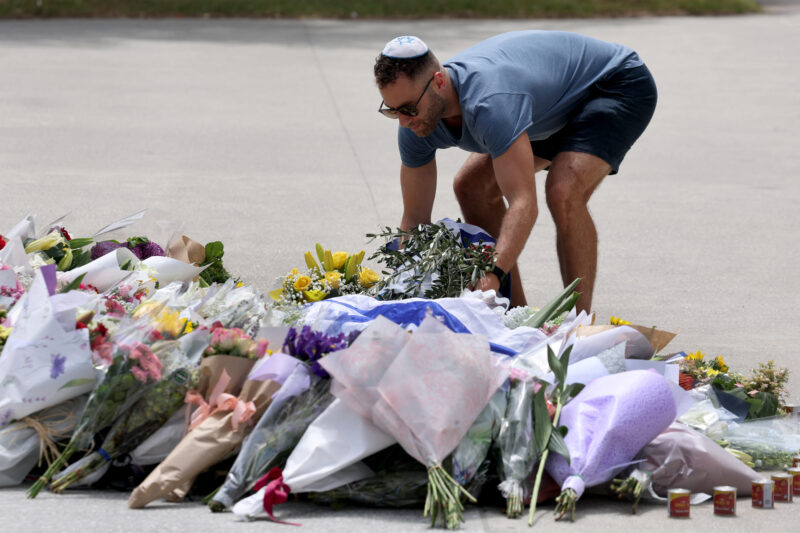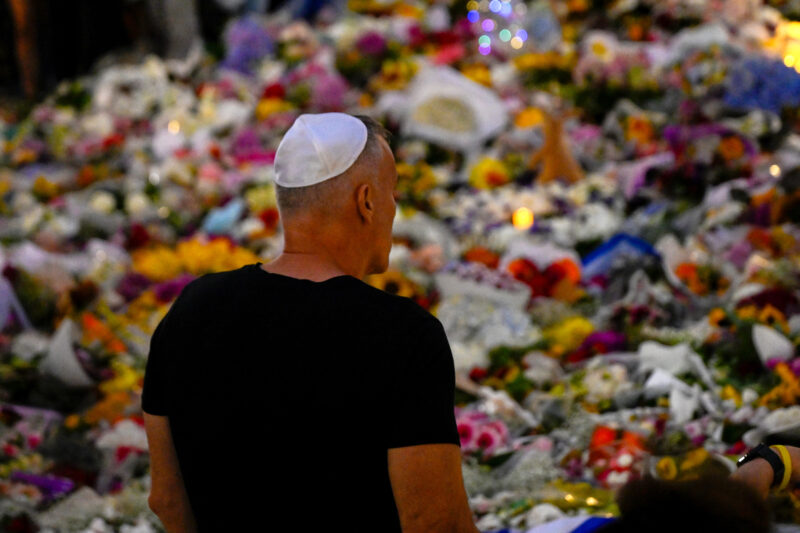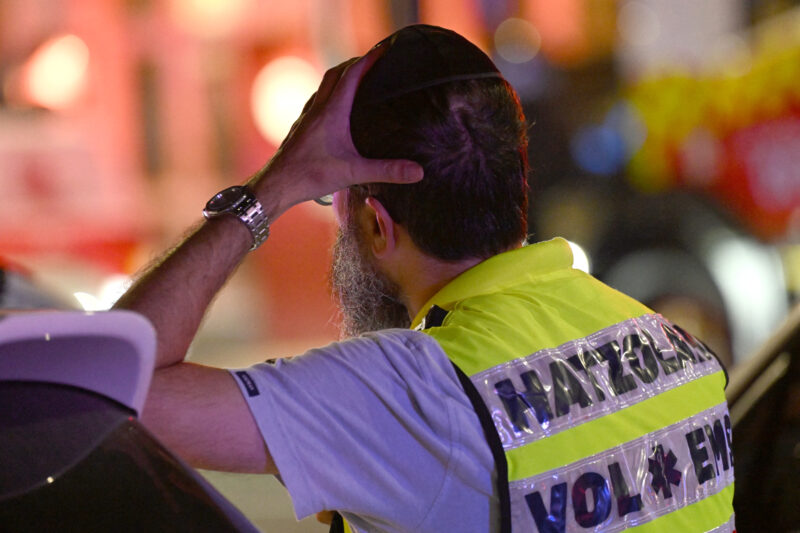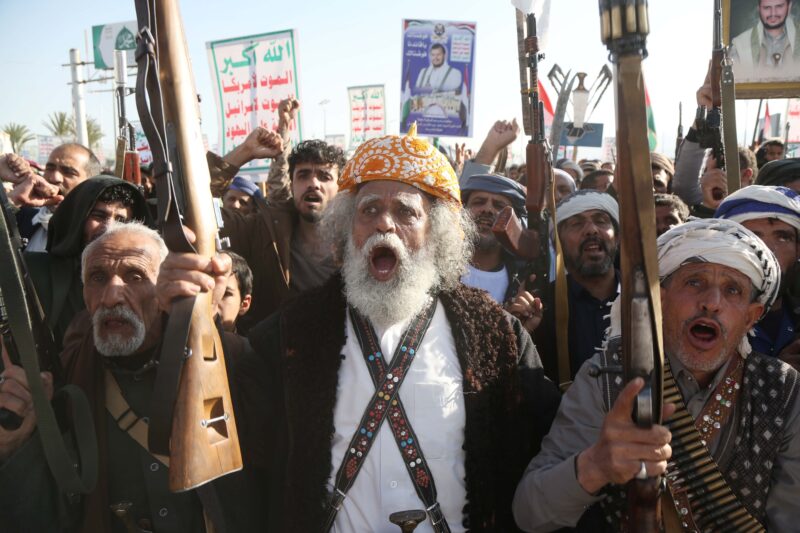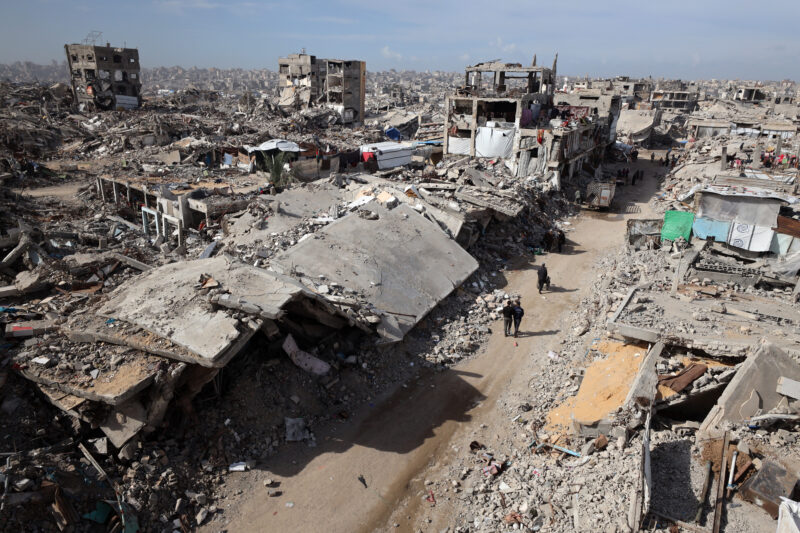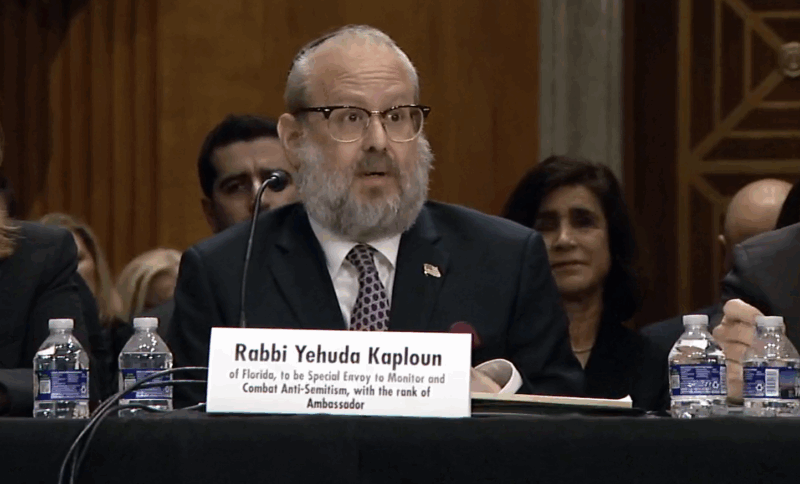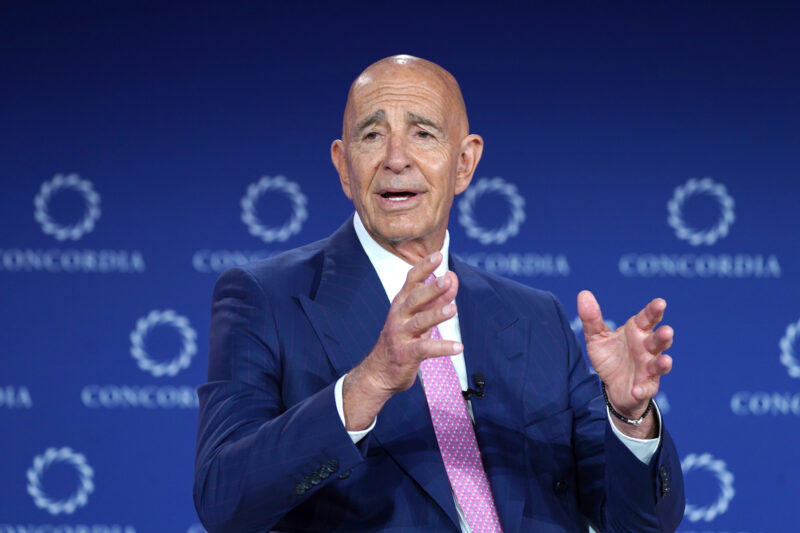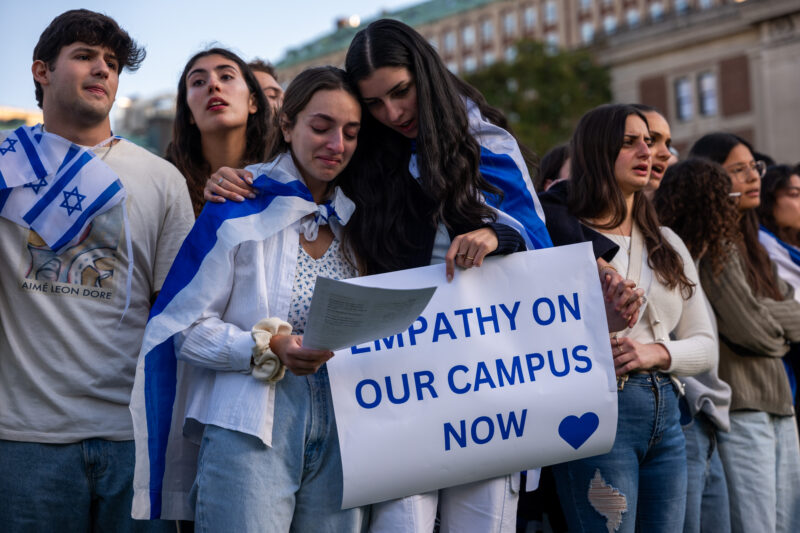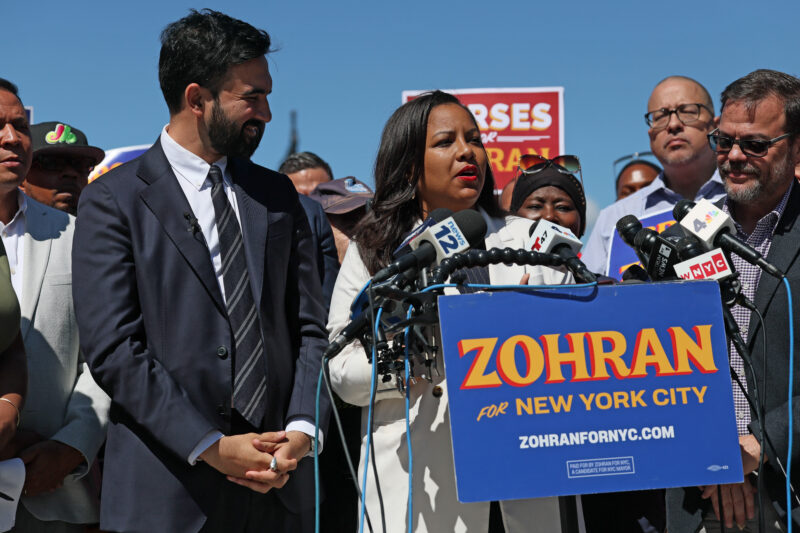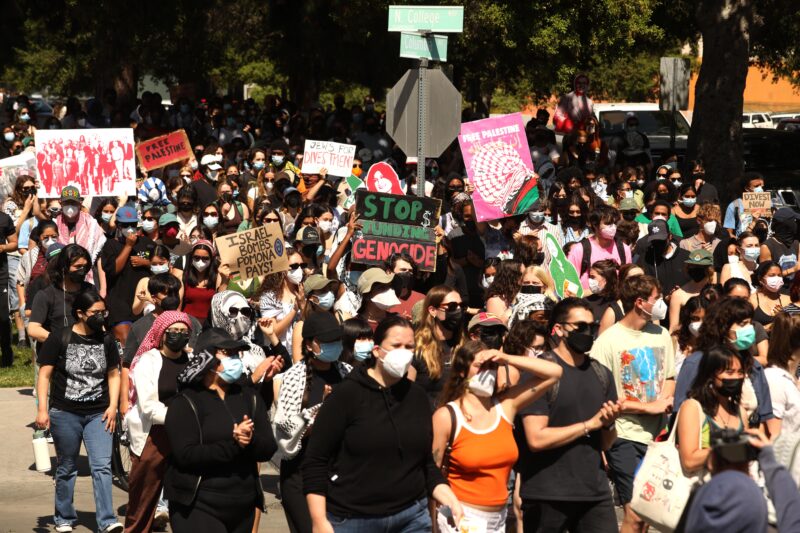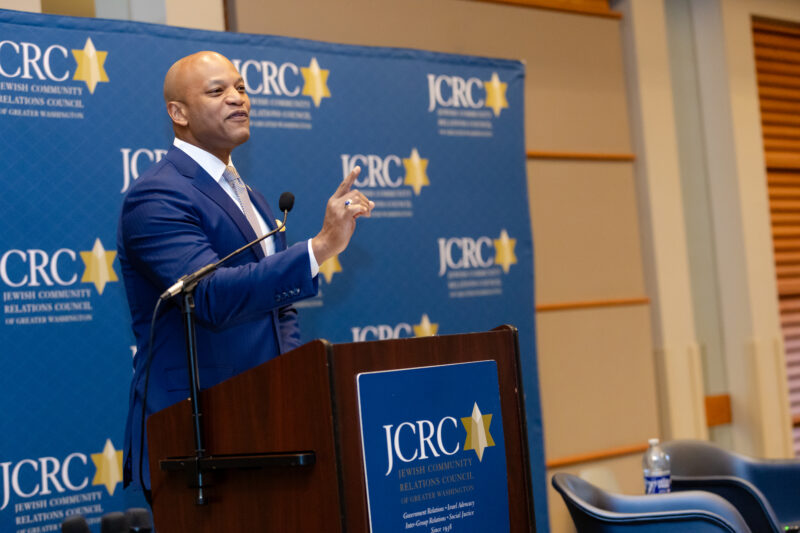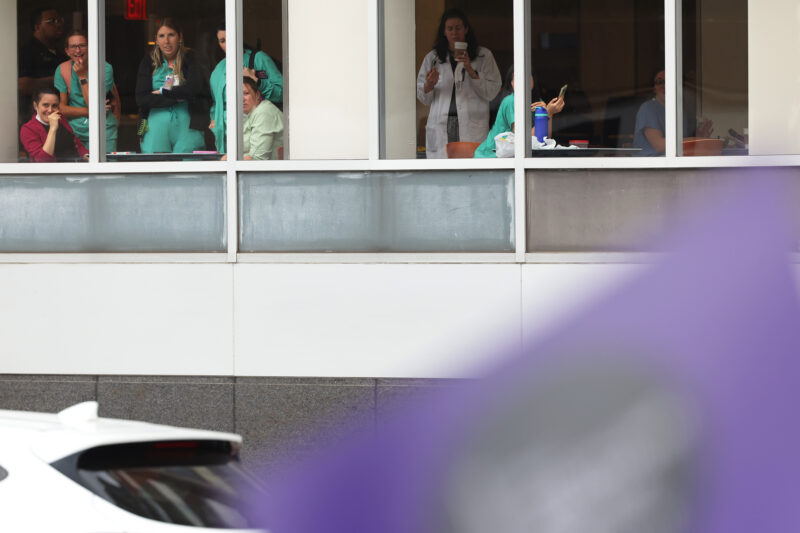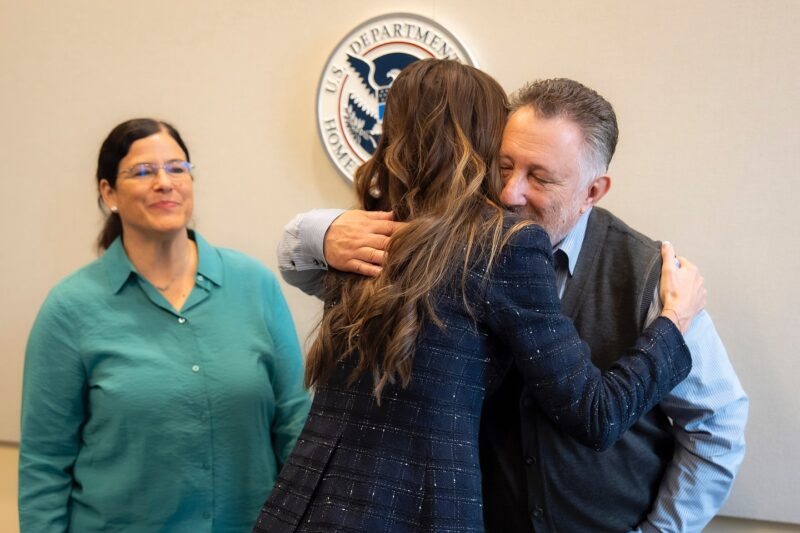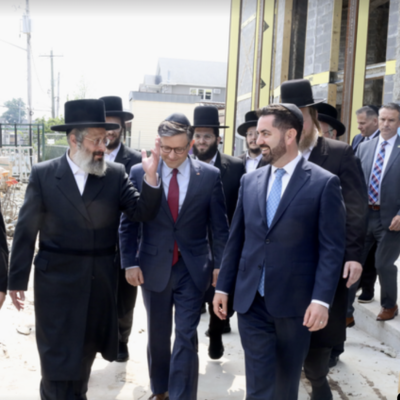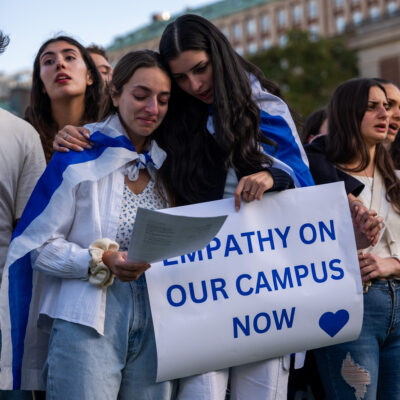Eight murderers to be allowed back into Israel in hostage deal
Forty-five of the prisoners named as part of cease-fire deal are Arab citizens or residents to be let free in Israel, while others will be deported

AHMAD GHARABLI/AFP via Getty Images
A Red Cross bus carrying freed Palestinian prisoners leaves the Ofer military prison, located between Ramallah and Beitunia in the West Bank, on January 20, 2025.
Eight terrorists who murdered Israelis are expected to be released in Israel as part of the cease-fire and hostage-release deal with Hamas, according to an analysis by Lt.-Col. (res.) Maurice Hirsch of the Jerusalem Center for Security and Foreign Affairs.
Among the nearly 2,000 predominantly Palestinian prisoners set to be let out in the framework of the deal, 73 are Israeli citizens or legal residents — the status of most Palestinians in east Jerusalem. Of those prisoners, 45 will be released in Israel. Twenty-one of the prisoners with Israeli citizenship or residency are terrorists serving life sentences for killing people. Though murderers are supposed to be deported in the framework of the deal — likely to Qatar or Turkey — eight of them will be able to live freely in Israel.
Five of the murderers to be released into Israel are Hamas members, and three are from Fatah, the dominant party in the Palestinian Authority. All of them killed Israelis in 2001-2003, during the Second Intifada.
Hirsch analyzed the list of prisoners published by the Israeli Justice Ministry on Saturday and found that he was familiar with many of them and their crimes from his time as the IDF’s former director of the Military Prosecution for Judea and Samaria — the official name used by Israel for the West Bank.
One of the terrorists to be released into Israel is Nasim Zaatari, one of the bombers of the No. 2 bus in Jerusalem, an attack that killed 23 people, including 1-year-old Shmuel Taubenfeld and Shmuel Zagari in 2003.
Fahmi and Ramadan Mashahra blew up bus No. 32A in Jerusalem in 2002, killing 19 people. Fahmi will be released back into Israel, while Ramadan will be deported.
“Both Zaatari and Mashahra exploited their Israeli residency and the blue ID cards they held [like all Israeli adults] to carry out deadly attacks,” Hirsch wrote. “Under the [Palestinian Authority’s] Prisoners and Released Prisoners Law of 2004 … Zaatari and Mashahra were paid over 1 million NIS [over $281,000] each as rewards for murdering Jews.”
The Shin Bet has said that over 82% of terrorists freed in exchange for captive IDF soldier Gilad Shalit in 2011 returned to terrorism, Hirsch noted.
Hirsch pointed out that “Israeli law grants the minister of the interior the authority to revoke citizenship or residency for anyone who has violated their duty of loyalty to the state and committed acts of terrorism. This authority has existed for many years and should rightly have been applied to any citizen or resident convicted of terrorist offenses.”
“The current deal’s list of terrorists slated for release exposes a grave failure: these individuals still hold their Israeli citizenship or residency,” he wrote.
The hostage deal does not preclude Israel from revoking terrorists’ citizenship after their release, Hirsch pointed out.
Attempts to revoke terrorists’ citizenship over the past 20 years have mostly been blocked by the High Court and the Attorney General’s Office because most of the terrorists would have been left stateless. In 2006, the Interior Ministry revoked the residency of three terrorists in prison who were ministers in the Palestinian government, but the Supreme Court reversed the decision in 2017.
The Knesset amended the law in February 2003 to revoke the citizenship or residency of anyone receiving payments from the PA for committing an act of terror, but it has yet to be implemented.





